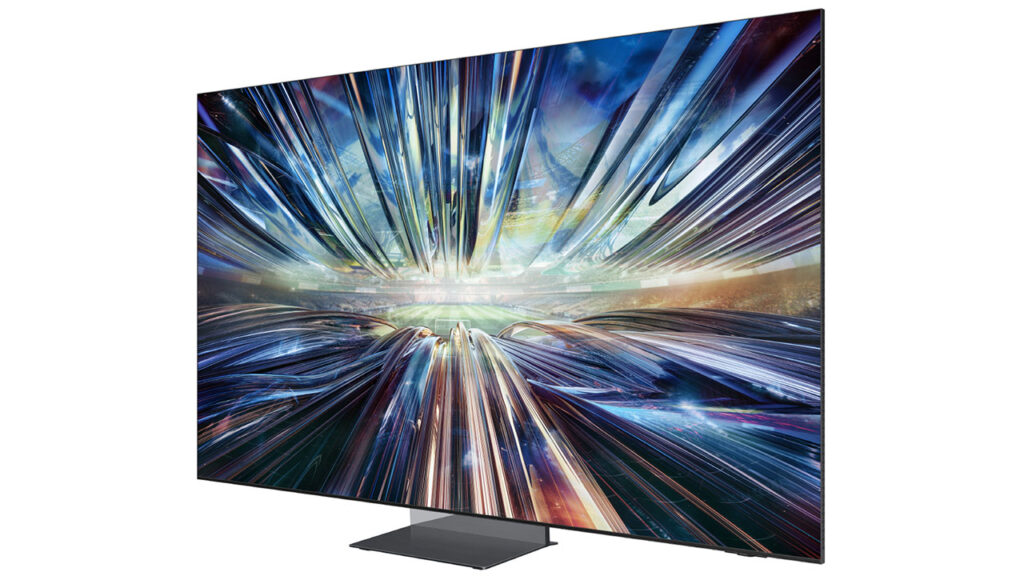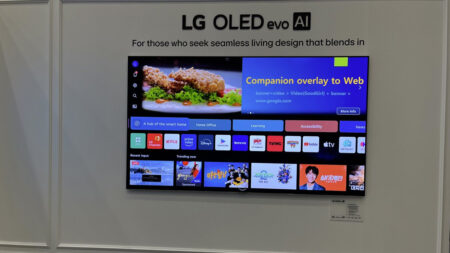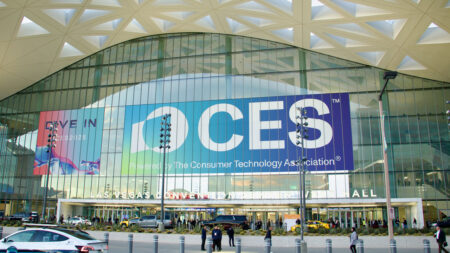Samsung has been the global leader in the TV segment for 18 straight years, with Sony and LG sharing the other half of the pie with a few more manufacturers. Their mission to bring a theatre-like experience to the living room has never been more realizable with MicroLED panel technology taking care of the visual aspect. 8K RGB MicroLED TV by the South Korean consumer giant is one of its genre’s most affordable options, showcased at CES 2025.
The other half of a great home entertainment experience is the audio that in sync with visuals can put you right in the middle of the action. Dolby Atmos makes this possible with the perceived three-dimensional sound that creates 3D fields to fill the room with sublime audio, just the way it sounds in the real world. The spatial audio technology is extensively used in consumer products but Samsung uses the open source and royalty-free HDR10+ for encoding HDR metadata. Its lineup of TVs and soundbars don’t use the Dolby Vision tech, but use the Dolby Atmos audio to stay competitive in the TV segment.
Dolby Atmos Better Watch Out
This is set to change for Samsung, which has collaborated with Google for its own version of spatial audio technology that will stand sternly in competition against Dolby Atmos. Both the tech giants have created 3D Eclipsa Audio that’ll come built-in with the 2025 Samsung TVs and soundbars lineup. It will come pre-loaded in the Crystal UHD series and the premium Neo QLED 8K series.
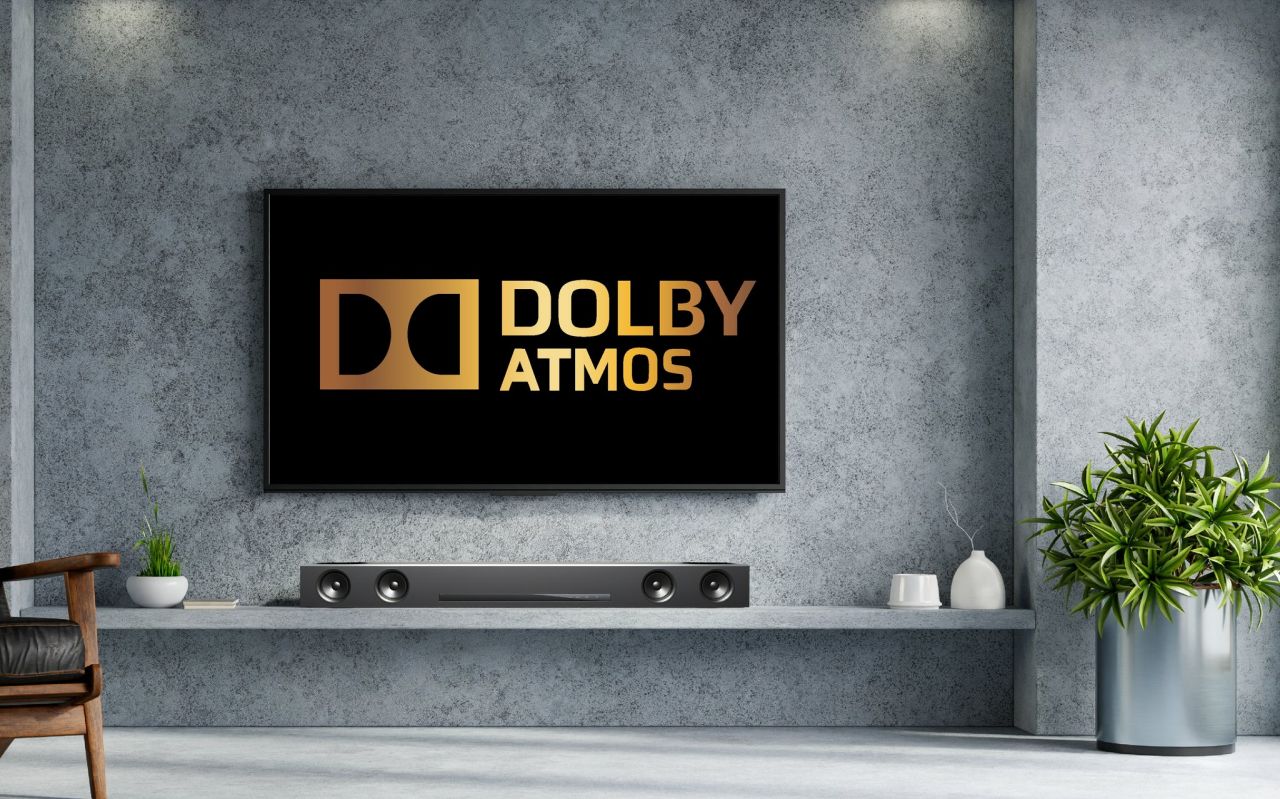
The ambitions for the ongoing development of an immersive audio standard were revealed back in 2023, with research on the technology going on ever since 2020, and now it has gone official at CES 2025.
Open Source Audio Tech For Wider Adoption
The key point is that Eclipse Audio is a free, open-source alternative to the hugely popular Dolby Atmos for creating 3D spatial audio. This will be the audio technology adaptable for brands who need to compete with major players with an affordable option without compromising on audio quality.
Surround sound has always been the key selling point for TVs and soundbars as it is all about the cohesive audio-visual experience while watching movies or your favorite binge-worthy shows. Even for independent content creators, this will be a good option as they’ll be able to create Eclipsa Audio tracks for YouTube, starting next year. They’ll have the freedom to adjust key audio elements like the positioning of audio, its intensity, and the spatial reflections.
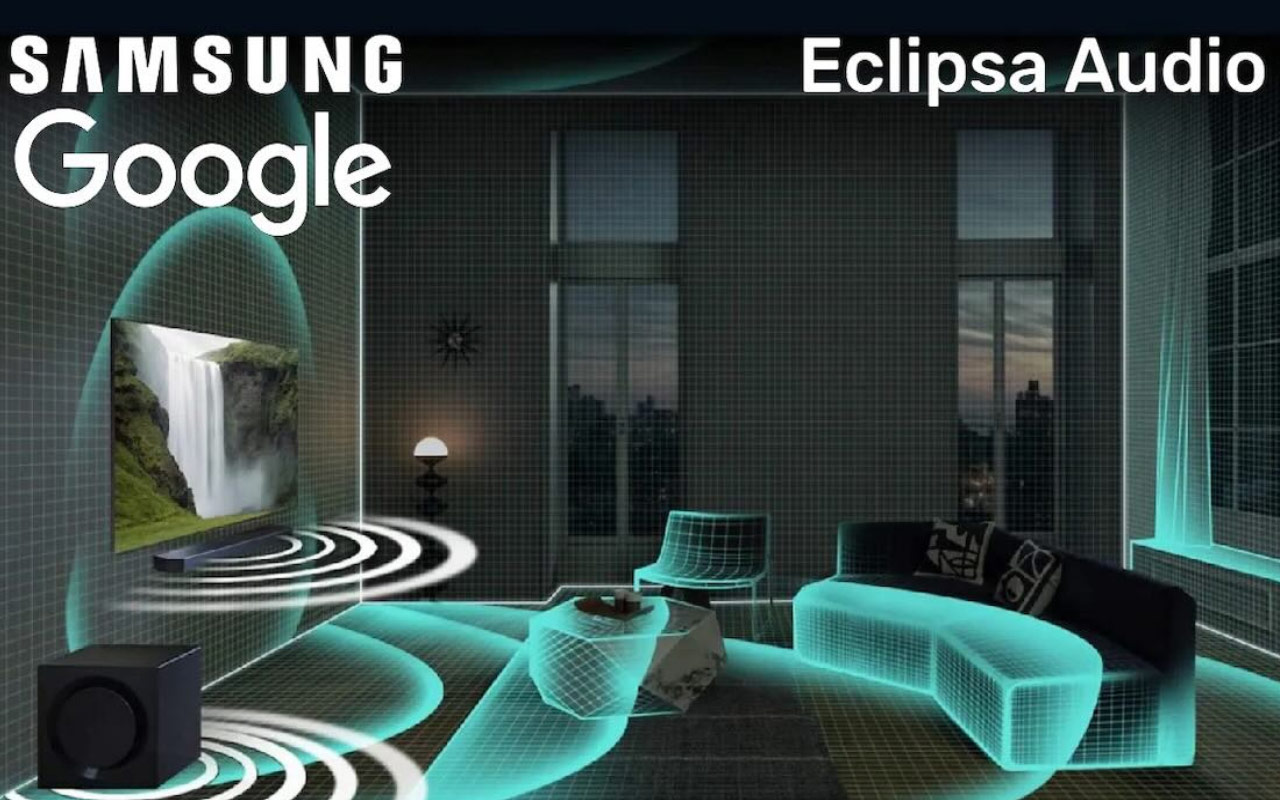
Initially, the format support will be restricted to Samsung devices but a wider adoption will follow in the later half of the year. Probably just in time for the next holiday season.
How Good is Eclipsa Audio?
According to Soundguys, the THX Genesis trailer with the Eclipsa format sounded impressive as the sonic separation was good and the level of immersion was at par or even better than Dolby Atmos. They also tested a demonstration by audio company Spatial9 who are using this tech to remaster songs for a more layered audio experience. Their team liked how the drums, bass guitar and vocals have distinct separations compared to the original tracks.
What does it Mean for Homeowners?
Samsung having their proprietary 3D audio format means a significant reduction in the overall cost of a TV or soundbar. This will consequently mean an upgrade in the product you pick for a certain budget with consistent top-tier audio quality on all compatible devices. To make audio consistent across all devices, Samsung and Google are working on a certification program with the Telecommunications Technology Association. This is similar to how Dolby or THX standardize the specs for the use of their technology in consumer products.
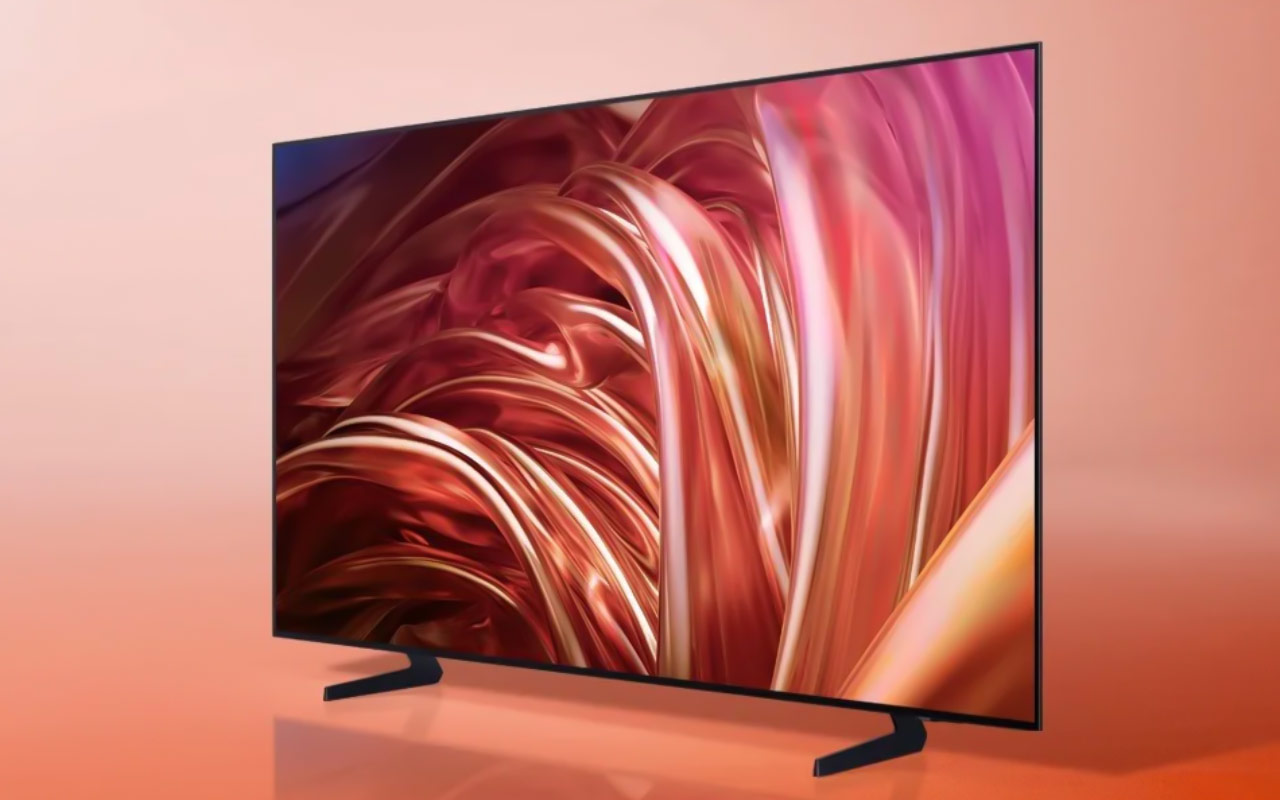
Sony 360 Reality Audio is also in the mix but we don’t expect the audio technology to make much inroads in coming years as it has not been able to break out of its shell beyond Sony’s suite of audio devices. We would still prefer Dolby Audio to watch our content. With Eclipsa Audio promising a wider adoption across the whole suite of Samsung devices, to begin with, Dolby will have more than just a headache to guard its dominant market share.
Follow Homecrux on Google News!
